The Hanoi People's Committee has just issued a decision to establish an interdisciplinary working group to advise the City People's Committee on implementing the contents and tasks of converting green means of transport and electric vehicle charging station infrastructure in the area.
This move was made after the Prime Minister issued a directive requiring Hanoi to implement measures for organizations and individuals to convert their vehicles and routes so that by July 1, 2026, there will be no motorbikes or scooters using fossil fuels (gasoline and oil-powered vehicles) circulating in Ring Road 1.
Responding to the press about the implementation roadmap, Mr. Duong Duc Tuan, Vice Chairman of Hanoi People's Committee, said that the city will study policies, report to the City Party Committee, and approve the City People's Council to establish a policy mechanism to support people in converting gasoline and diesel vehicles to electric vehicles.
Mr. Duong Duc Tuan, Vice Chairman of Hanoi People's Committee.
"The support policies are based on the principle of ensuring harmony, on the basis of aggregated data, reviews, and detailed statistics for about 450,000 gasoline-powered motorbikes in Ring Road 1. The city also establishes supplementary policies such as exchanging gasoline vehicles for electric vehicles, and costs related to the conversion such as registration fees and new electric vehicle registration fees will be supported almost 100%," said Mr. Tuan.
Mr. Tuan emphasized that the city will provide maximum support to the right group of users and create the most favorable conditions for residents living in the Ring Road 1 area as well as those who regularly travel to this area.
In addition, Hanoi leaders said that with the policy of converting personal vehicles, the city will invest in developing green transport infrastructure to meet the travel needs of people in the area.
Hanoi plans to increase the number of small electric buses with about 8-12 seats, and research 4-seat electric buses for transit within Ring Road 1. Other vehicles from outside that want to enter Ring Road 1 will be transformed according to the network within Ring Road 1. In addition, public passenger transport vehicles will be increased, speeding up urban railway routes.
The city will also plan additional charging areas for electric cars, electric motorbikes and other clean energy vehicles. In the immediate future, the city will prioritize placing charging stations at static traffic points, parking lots and in residential buildings...
According to statistics from the Department of Transport, by the end of 2024, Hanoi will have over 9.2 million vehicles of all types operating in the area (not including vehicles of central agencies). Of which, the city is managing over 8 million vehicles, including 1.1 million cars and over 6.9 million motorbikes, about 1.2 million private cars and motorbikes from other provinces and cities circulating in the area. The number of vehicles in Hanoi increases by 4-5% per year, 11-17 times faster than the speed of road expansion. The number of private cars increases by about 10% per year, more than 30 times faster than the speed of land area increase. Traffic activities, with a large number of vehicles running on gasoline, are one of the five sources of air pollution in Hanoi. Experts say that banning gasoline-powered motorbikes in Ring Road 1 is a necessary solution to reduce environmental pollution in the capital. However, if not carefully prepared, banning gasoline-powered motorbikes will cause many negative consequences to people's lives. There is only nearly 1 year left from now until July 1, 2026, Hanoi must act urgently and have a well-designed roadmap with a series of legal and infrastructure solutions... |
Source: https://baolangson.vn/ha-noi-nghien-cuu-ho-tro-chuyen-doi-450-000-xe-may-xang-trong-vanh-dai-1-5053229.html


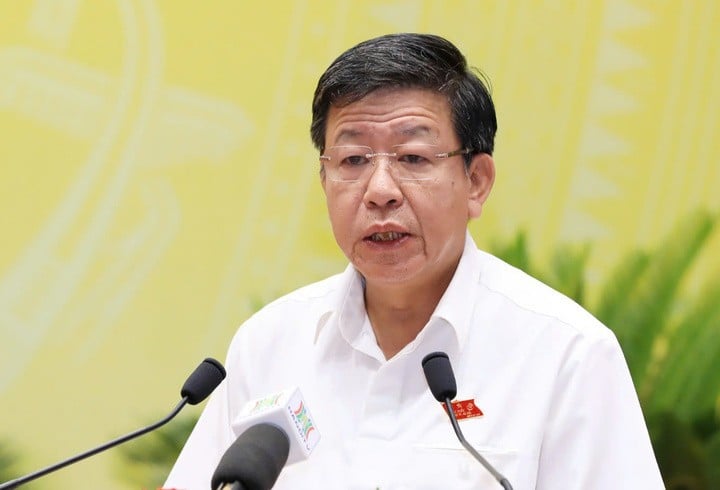






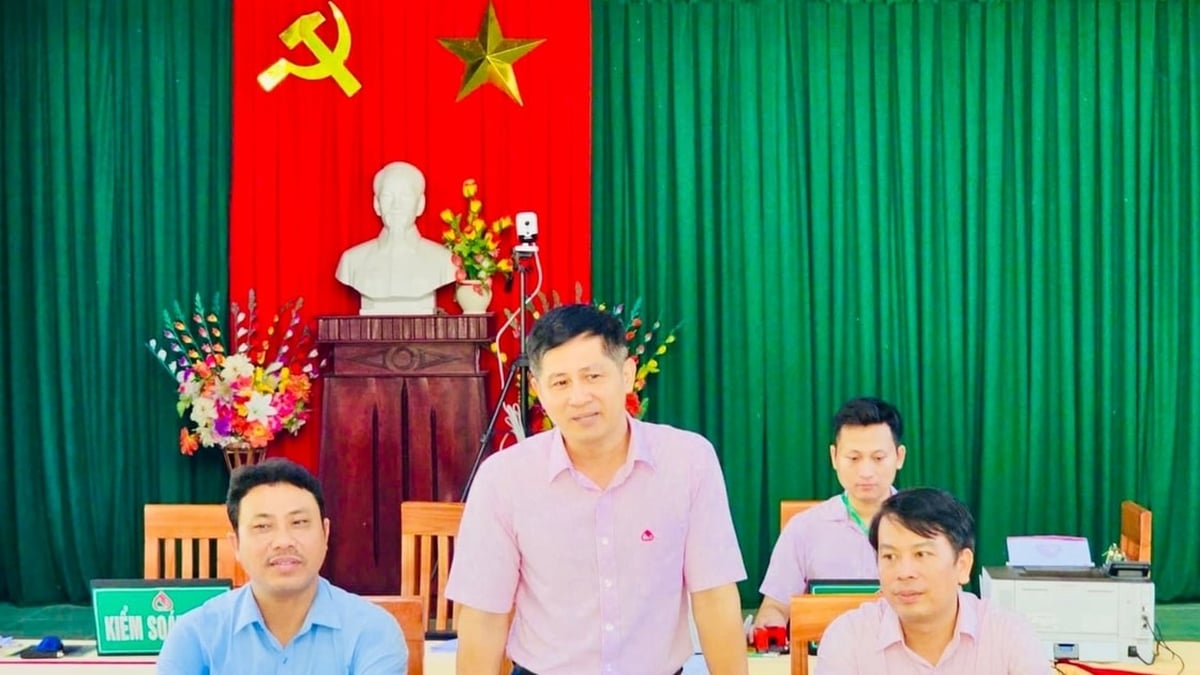

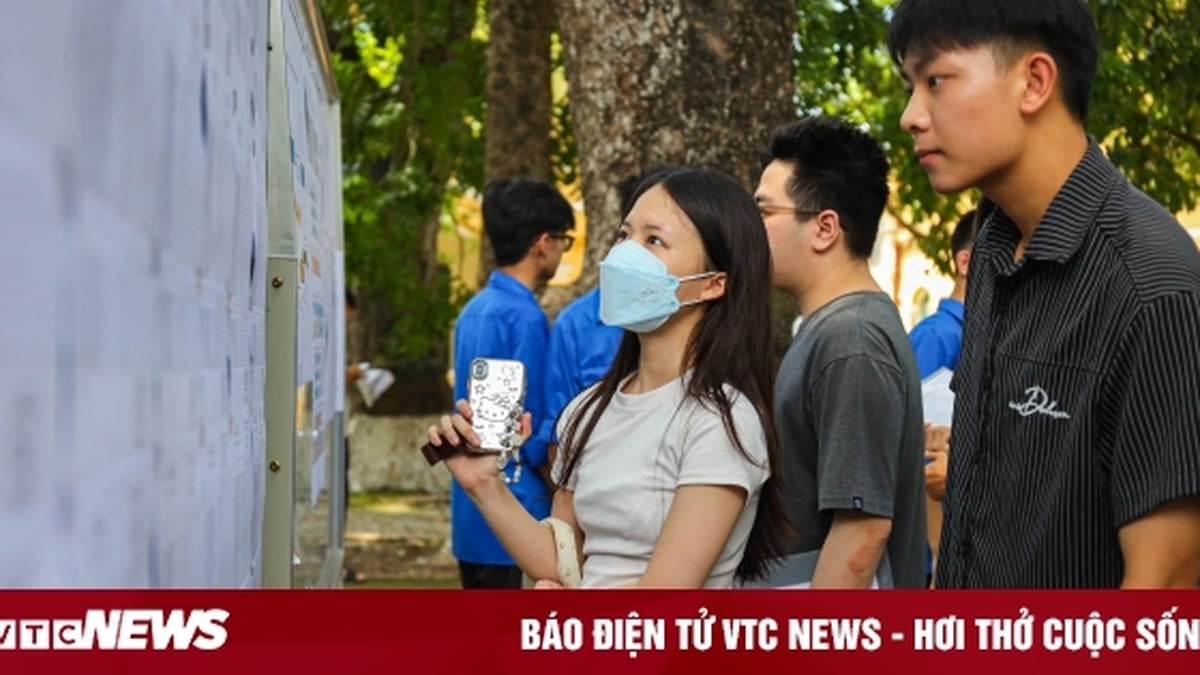





















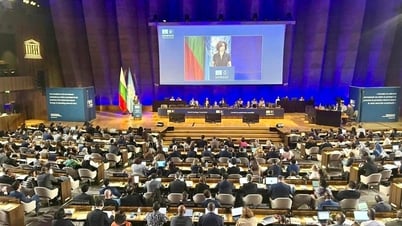























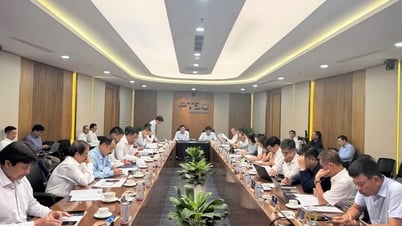

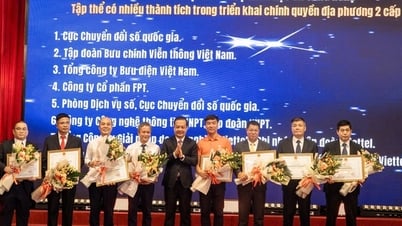




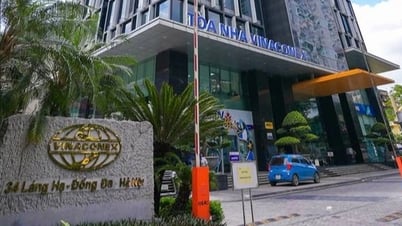


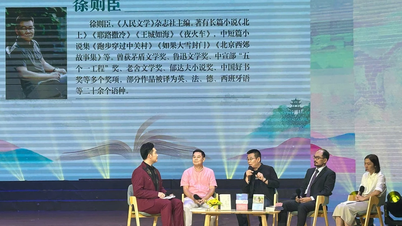







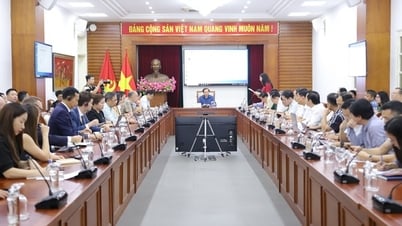

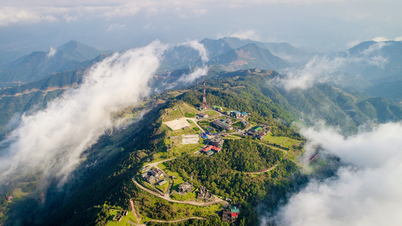

















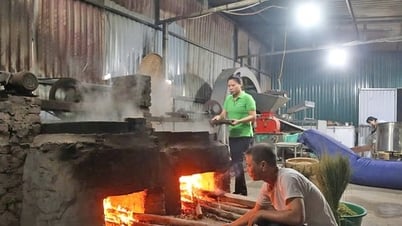






Comment (0)